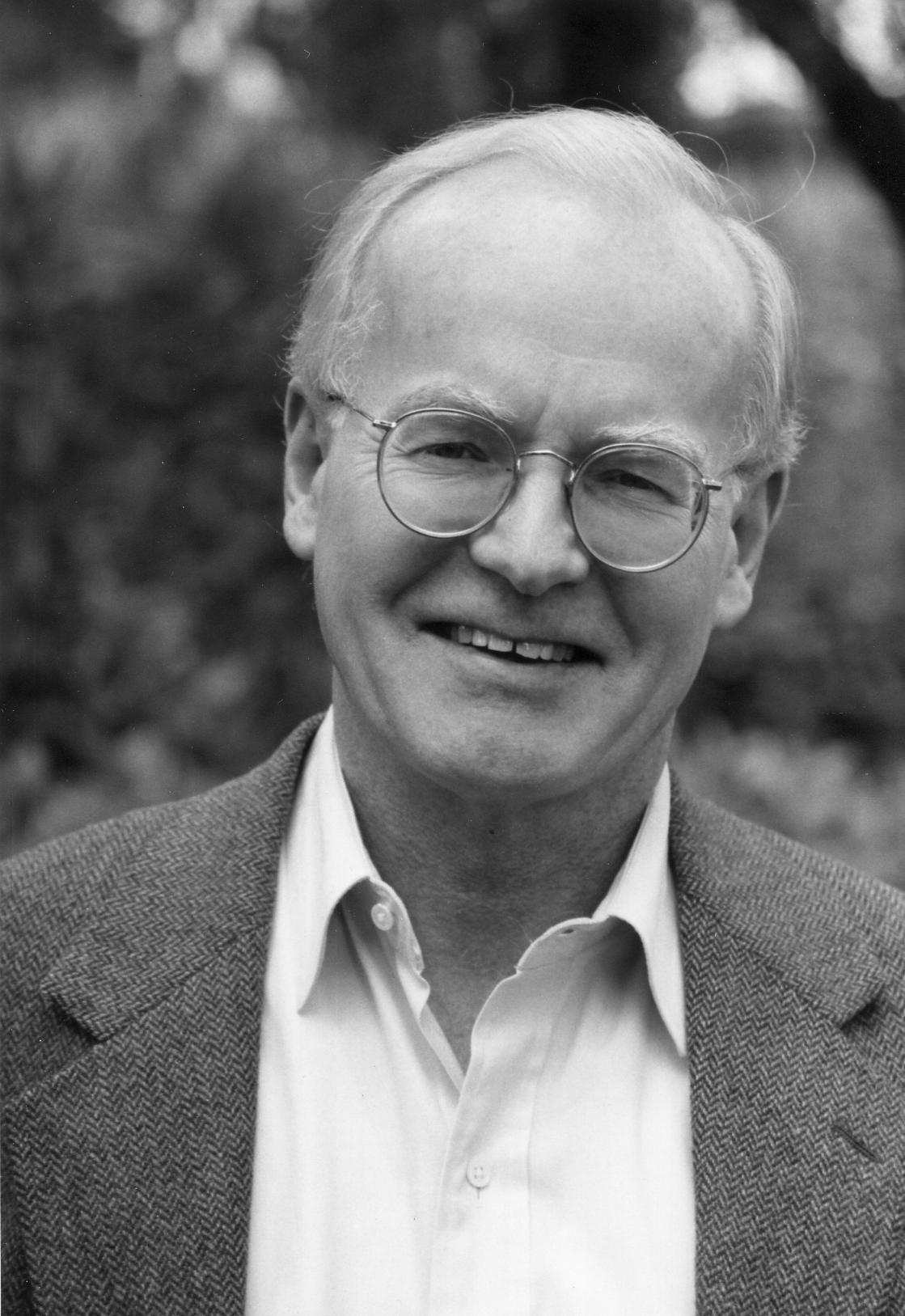
AnthonyFlood.com
Panentheism. Revisionism. Anarchocapitalism.

[link to CV]
Excerpted from David Ray Griffin, Reenchantment without Supernaturalism, Cornell University Press, 2001, 165-166.
The Generic Concept of GodDavid Ray Griffin
. . . Antony Flew, having equated Christian theism with the all-determining version of traditional theism, argues that Christian theism is incoherent because it holds that nothing happens without God’s consent while maintaining that human beings sin by violating the will of God [God and Philosophy, Dell, 1966, 47]. In making this argument, Flew is simply repeating the charge made by many theists, including White-head and Hartshorne, who have offered an alterna-tive form of theism in which this inconsistency no longer exists. But Flew then claims that any doctrine that would suggest that God cannot control all events would not be “true theism,” so that it could be dismissed with the rebuke, “Your God is too small” [51-52]. In the same vein, Roland Puccetti argues that “reflective theists” understand that God, to be an “adequate object of religious attitudes,” must have unlimited power, knowledge, and goodness [“The Concept of God,” Philosophical Quarterly 15 (July): 237-45]. Then, while rejecting this “reflec-tive” concept of God as incoherent, he dismisses all coherent doctrines as not really reflective.
This strategy is also employed by Kai Nielsen. Rejecting traditional, nonanthropomorphic doctrines as incoherent, Nielsen then dismisses all other concepts as anthropomorphic, “Zeus-like concep-tions” that speak of God “as if he were some kind of great green bird” [God, Scepticism, and Modernity, University of Ottawa Press, 1989, 2, 244] or “a sort of cosmic Mickey Mouse” [An Introduction to the Philosophy of Religion, St. Martin's Press, 1982]. The positions thus dismissed as “not really theistic” by Flew, Puccetti, and Nielsen would include, by impli-cation, those of such respected philosophers and theologians as Otto Pfleiderer, C. Lloyd-Morgan, Frederick Tennant, Hastings Rashdall, James Ward, William Temple, Charles Raven, William James, E. S. Brightman, and Reinhold Niebuhr, as well as White-head, Hartshorne, Cobb, Schubert Odgen, Marjorie Suchocki, Daniel Day Williams, and other process theists.
The credibility of such dismissals in relation to process theism, in any case, can be examined in terms of what I call the “generic idea of God,” meaning an idea of deity that is widely shared by Christians, Jews, and Muslims as well as theists in many other traditions. According to this generic idea, the term God (or its equivalent) refers to a being that is:
1. A personal purposive being.
2. Perfect in love, goodness, and beauty.
3. Perfect in wisdom and knowledge.
4. Supreme, perhaps even perfect, in power.
5. Creator and sustainer of our universe.
6. Holy.
7. Omnipresent.
8. Necessarily and everlastingly existent.
9. Providentially active in nature and history.
10. Experienced by human beings.
11. The ultimate source of moral norms.
12. The ultimate guarantee of the meaning of life.
13. The ground of hope for the victory or good over evil.
Whether all of these features are necessary for a concept of God could be argued, but that these features are sufficient is beyond reasonable debate. No one believing in a being thus characterized could plausibly be said not to believe in God. All these features are affirmed by traditional theism.* They are also affirmed by process theism.
____________________
* At least most of these features are included in the definition proffered by [Richard] Swinburne of God as “a person without a body (i.e., a spirit), present everywhere, the creator and sustainer of the universe, a free agent, able to do anything (i.e., omnipotent), knowing all things, perfectly good, a source of moral obligation, immutable, eternal, a necessary being, holy and worthy of worship.” [The Coherence of Theism, Oxford University Press, 1977, 2.] I did not, incidentally, include Swinburne’s last attribute, “worthy or worship,” in my list because unlike the other characteristics, it is an evaluation, not a description, and including it would have rendered tautological my conclusion that the being described is worthy of the name God.